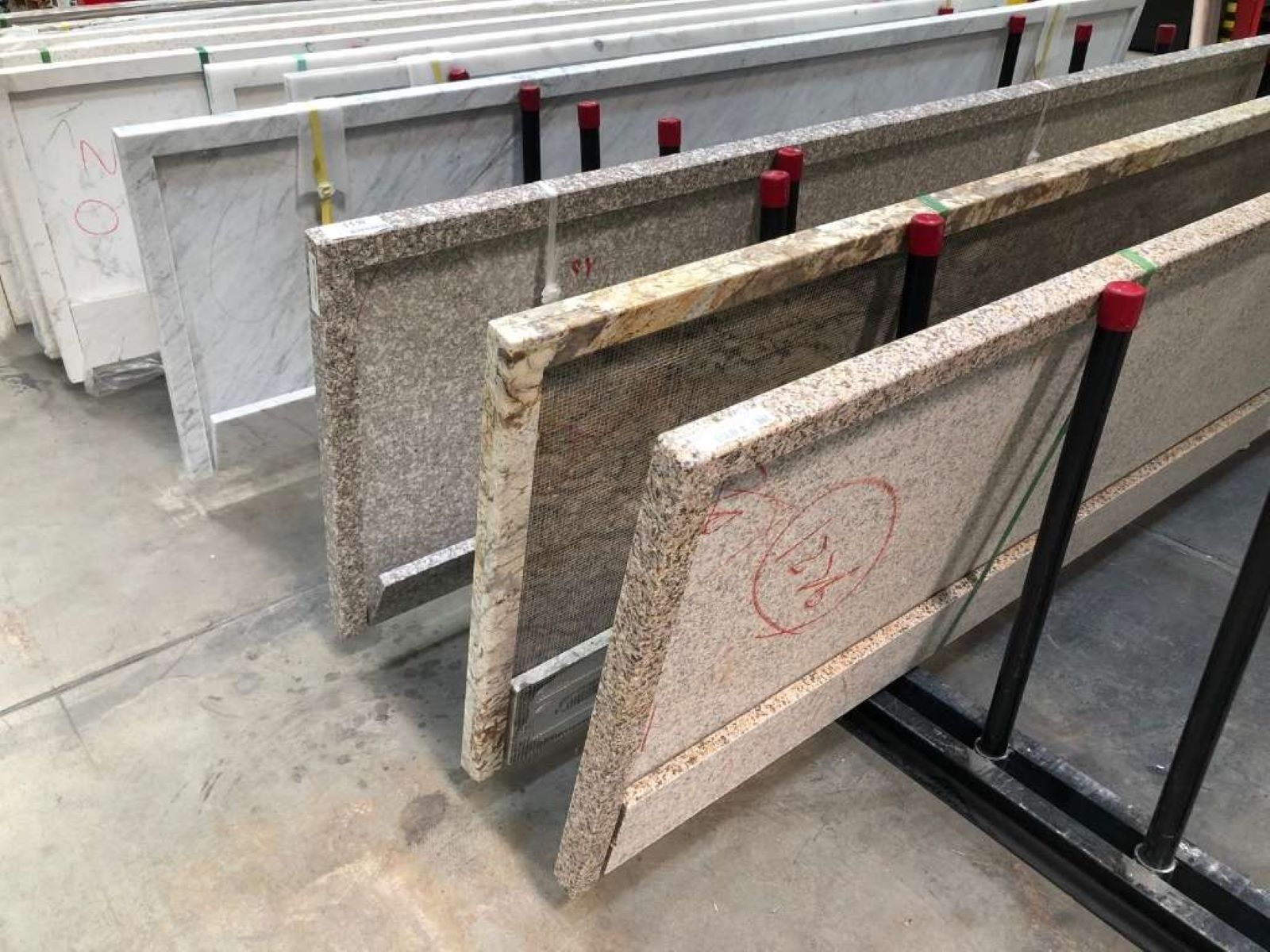

Articles
How Thick Are Countertops
Modified: February 23, 2024
Discover the perfect thickness for countertops with our informative articles. Learn everything you need to know about countertop thickness and make the right choice for your kitchen or bathroom.
(Many of the links in this article redirect to a specific reviewed product. Your purchase of these products through affiliate links helps to generate commission for Storables.com, at no extra cost. Learn more)
Introduction
Countertops are an essential component of any kitchen or bathroom, providing a functional and aesthetic surface for various activities. When it comes to countertop thickness, there is no one-size-fits-all solution. The thickness of your countertop will depend on several factors, including the type of material used, the style you desire, and your personal preferences.
In this article, we will explore the factors that affect countertop thickness, discuss the standard thicknesses for different countertop materials, weigh the pros and cons of thin and thick countertops, and provide some guidance on choosing the right thickness for your countertop.
So whether you’re remodeling your kitchen or designing a new bathroom, read on to learn more about how thick countertops are and how to make an informed decision about the thickness that best suits your needs.
Key Takeaways:
- Consider the material, support structure, design style, practical needs, and budget when choosing the right countertop thickness. Strike a balance between aesthetics and functionality for a stunning and durable space.
- Thin countertops offer cost-effectiveness, sleek appearance, and versatility, while thick countertops provide durability, luxury, and customization. Carefully weigh the pros and cons to make an informed decision that suits your needs and style.
Read more: How Thick Are Granite Countertops
Factors Affecting Countertop Thickness
When determining the appropriate thickness for your countertop, there are several factors to consider. These factors can influence both the functionality and visual appeal of your countertop. Let’s take a closer look:
- Material: Different countertop materials have varying levels of durability and flexibility. Some materials, such as granite and quartz, are naturally strong and can be fabricated in thicker slabs. On the other hand, materials like laminate and solid surface may require a thinner profile due to their composition.
- Support structure: The type and strength of the support structure beneath your countertop can impact thickness requirements. For example, if you have a solid and sturdy cabinet base, it can support thicker countertops. However, if you have a weaker support system, opting for a thinner countertop may be necessary to prevent sagging or collapsing.
- Design aesthetics: The overall style and design of your space can play a role in determining the ideal countertop thickness. Thick countertops can create a bold and luxurious look, while thin countertops offer a sleek and minimalistic appeal. Consider the visual impact you want to achieve and how the thickness of the countertop will complement your overall design scheme.
- Practical needs: The intended use of the countertop can also influence thickness requirements. If you plan to have heavy appliances or objects on the countertop, such as a built-in stove or a large mixer, a thicker countertop can provide added stability and support. Additionally, if you frequently work with hot pots and pans, a thicker countertop can provide better heat resistance.
- Budget: While not directly related to functionality, your budget may also impact the thickness of your countertop. Thicker countertops usually require more material, which can increase the cost. Consider your budgetary constraints and weigh them against your desired thickness and material choice.
By considering these factors, you can determine the optimal thickness for your countertop that balances both practicality and visual appeal.
Standard Thicknesses for Different Countertop Materials
Countertop materials come in a variety of thickness options, each with its own standard measurements. The following are the standard thickness ranges for some popular countertop materials:
- Granite: Granite countertops are typically available in thicknesses ranging from ¾ inch to 1 ¼ inches. Thicker slabs are often chosen for their durability and luxurious look.
- Quartz: Quartz countertops are commonly available in ½ inch to 1 ¼ inch thicknesses. Like granite, thicker slabs are preferred for their strength and visual impact.
- Laminate: Laminate countertops are usually thinner than other materials, with standard thicknesses of ⅝ inch or 1 ½ inches. Thinner options are often chosen to save costs and provide a more streamlined appearance.
- Solid Surface: Solid surface countertops are typically available in thicknesses ranging from ¼ inch to 1 ½ inches. Thicker options are chosen for increased durability and style.
- Concrete: Concrete countertops can vary significantly in thickness, with standard options ranging from 1 ½ inches to 3 inches. Thicker slabs are preferred for their sturdiness and ability to accommodate integrated features.
- Wood: Wood countertops are commonly available in thicknesses ranging from 1 ½ inches to 3 inches. Thicker slabs are preferred for their durability and ability to withstand heavy use.
These are just general guidelines, and the actual thickness can vary depending on the manufacturer and customization options. It’s important to discuss the desired thickness with your countertop supplier or fabricator to ensure that it meets your specific requirements.
Keep in mind that while thicker countertops offer increased durability and a high-end aesthetic, they can also be heavier and more costly. Thinner countertops, on the other hand, are often more budget-friendly and can create a sleek and modern look.
Consider the material you choose and consult with professionals to determine the optimal thickness that suits your needs and aligns with your design vision.
Pros and Cons of Thin Countertops
Thin countertops, typically ranging from ¼ inch to 1 ½ inches, have gained popularity in recent years for their minimalist and sleek design. However, it’s essential to consider the pros and cons of opting for a thin countertop before making a decision. Let’s take a closer look:
Pros:
- Cost-effective: Thin countertops require less material, making them more affordable compared to thicker options. This can be advantageous if you have a tight budget or want to save on overall project costs.
- Lightweight: Thin countertops weigh less, making them easier to handle and install. This can be beneficial if you have limited manpower or if you plan to install the countertop yourself.
- Sleek appearance: Thin countertops offer a modern and streamlined look, especially in contemporary and minimalist design styles. They can make your space feel more spacious and open.
- Versatility: Thin countertops can be used in various applications beyond kitchen countertops. They are often used for bathroom vanities, bar tops, and even as decorative accent surfaces.
Read more: How Thick Are Corian Countertops
Cons:
- Less durability: Thin countertops may not be as durable as thicker options, particularly when it comes to natural materials like granite or quartz. They may be more prone to damage such as cracks or chips, especially with heavy use or impact.
- Limited edge profile options: Thin countertops may have fewer edge profile options compared to thicker ones. This can limit your ability to customize the look and style of the countertop.
- Susceptible to warping: Thin countertops can be more susceptible to warping or flexing, especially if the underlying support structure is not sufficient. Extra care must be taken to ensure proper installation and support for long-term stability.
- Reduced noise insulation: Thinner countertops may not offer as much noise insulation as thicker ones. This can be a consideration if you have a busy kitchen or if noise reduction is a priority for you.
Ultimately, the decision to choose a thin countertop depends on your personal preferences, design goals, and budgetary constraints. If you are looking for a sleek and cost-effective option, and you are willing to take extra care in maintenance and support, a thin countertop may be the right choice for you.
Pros and Cons of Thick Countertops
Thick countertops, typically ranging from ¾ inch to 3 inches or more, have long been favored for their durability, visual impact, and luxurious feel. However, before deciding to go with a thick countertop, it’s important to consider the pros and cons. Let’s explore them:
Pros:
- Durability: Thick countertops are known for their durability and ability to withstand heavy use. They are less prone to cracks, chips, and other damage, making them ideal for kitchens that see a lot of activity.
- Luxurious appearance: Thick countertops exude luxury and elegance, adding a visually captivating focal point to your space. They can provide a sense of depth and grandeur that thinner options may lack.
- Enhanced heat resistance: Thicker countertops often offer better heat resistance than their thinner counterparts, protecting the surface from damage caused by hot pots, pans, and other kitchen appliances.
- Greater customization possibilities: Thick countertops allow for more creativity in terms of edge profiles, decorative details, and integrated features. You can achieve unique and distinctive designs that reflect your personal style.
- Improved noise reduction: The thickness of the countertop can help in reducing noise caused by the clattering of kitchen utensils or appliances.
Read more: How Thick Are Corian Countertops
Cons:
- Higher cost: Thicker countertops require more materials, making them more costly than thinner options. The cost of fabrication, installation, and transportation may also increase due to the added weight.
- Heavier: Thick countertops are significantly heavier than thinner ones. This can present challenges during installation, requiring more manpower and potentially even reinforcement of the support structure beneath.
- Less storage space: The added thickness of the countertop may reduce the cabinet space underneath, limiting storage options for your kitchen.
- May overwhelm small spaces: In compact kitchens or bathrooms, thick countertops can make the space feel crowded or overwhelming. It’s important to consider the scale and proportions of your space when deciding on thickness.
Considering these pros and cons will help you determine whether a thick countertop is the right choice for your specific needs and preferences. If you’re seeking durability, a luxurious look, and have a larger budget, a thick countertop can be a beautiful and long-lasting addition to your space.
Read more: How Thick Should Quartz Countertops Be
Choosing the Right Thickness for Your Countertop
Choosing the right thickness for your countertop is an important decision that can impact both the functionality and aesthetics of your space. Here are some factors to consider when determining the appropriate thickness:
- Material: Start by considering the material you’ve chosen for your countertop. Different materials have different standard thickness ranges. Consider the durability, flexibility, and heat resistance of the material to determine the optimal thickness.
- Support structure: Evaluate the support structure beneath your countertop. If you have a solid and sturdy base, it can support thicker countertops. However, if you have a weaker support system, opting for a thinner countertop may be necessary to prevent sagging or potential damage to the underlying structure.
- Design style: Think about the overall design aesthetic you want to achieve in your space. Thicker countertops can create a bold and luxurious look, while thinner countertops offer a sleek and minimalist appeal. Consider how the thickness will complement your desired design and the visual impact it will have.
- Practical needs: Consider how you will be using your countertop. If you have heavy appliances or objects that will be placed on the surface, a thicker countertop may provide better stability and support. Additionally, if you frequently work with hot pots and pans, a thicker countertop can offer better heat resistance.
- Budget: Assess your budget and weigh it against your desired thickness and material choice. Thicker countertops usually require more material, which can increase the cost. It’s important to find a balance between your desired thickness and your budgetary constraints.
Ultimately, the right thickness for your countertop will depend on a combination of these factors and your personal preferences. It’s important to consult with professionals, such as countertop suppliers or fabricators, to ensure that your chosen thickness is suitable for the material and meets your specific requirements.
Consider taking samples or visiting showrooms to see and feel the different thickness options for the countertop material you’ve chosen. This can help you visualize how the thickness will look and feel in your space.
A well-chosen countertop thickness can enhance the functionality and beauty of your kitchen or bathroom. Take the time to evaluate your options and make an informed decision that aligns with your needs, style, and budget.
When choosing a countertop thickness, consider the overall style and design of your kitchen. Thicker countertops, such as 2-3 inches, can provide a more substantial and luxurious look, while thinner countertops, around 1 inch, can create a sleek and modern aesthetic.
Conclusion
Choosing the right thickness for your countertop is a crucial decision that can significantly impact both the functionality and overall aesthetic of your space. By considering various factors such as the material used, support structure, design style, practical needs, and budget, you can make an informed decision that meets your specific requirements and preferences.
Thin countertops offer cost-effectiveness, a sleek appearance, and versatility in application. They can be an excellent choice for those with budget constraints or those looking for a modern and minimalist design. However, it’s important to keep in mind that thin countertops may be less durable, have limited edge profile options, and can be more susceptible to warping.
On the other hand, thick countertops provide durability, a luxurious appearance, enhanced heat resistance, and greater customization possibilities. They are a popular choice for those seeking a high-end look and long-lasting durability. However, thick countertops often come with a higher cost, are heavier, and may overwhelm smaller spaces.
Ultimately, finding the right thickness for your countertop involves careful consideration of the material, support structure, design style, practical needs, and budget. Consulting with professionals in the industry can provide valuable insights and guidance in making the best decision.
Remember, the thickness of your countertop is not just about aesthetics but also about functionality and durability. It’s essential to strike a balance between your desired design and the practical aspects to ensure a countertop that not only looks stunning but also serves its purpose effectively.
Whether you choose a thin or thick countertop, make sure to take into account all the factors discussed and weigh the pros and cons within the context of your specific project. By doing so, you can successfully create a beautiful and functional space that you’ll enjoy for years to come.
Frequently Asked Questions about How Thick Are Countertops
Was this page helpful?
At Storables.com, we guarantee accurate and reliable information. Our content, validated by Expert Board Contributors, is crafted following stringent Editorial Policies. We're committed to providing you with well-researched, expert-backed insights for all your informational needs.
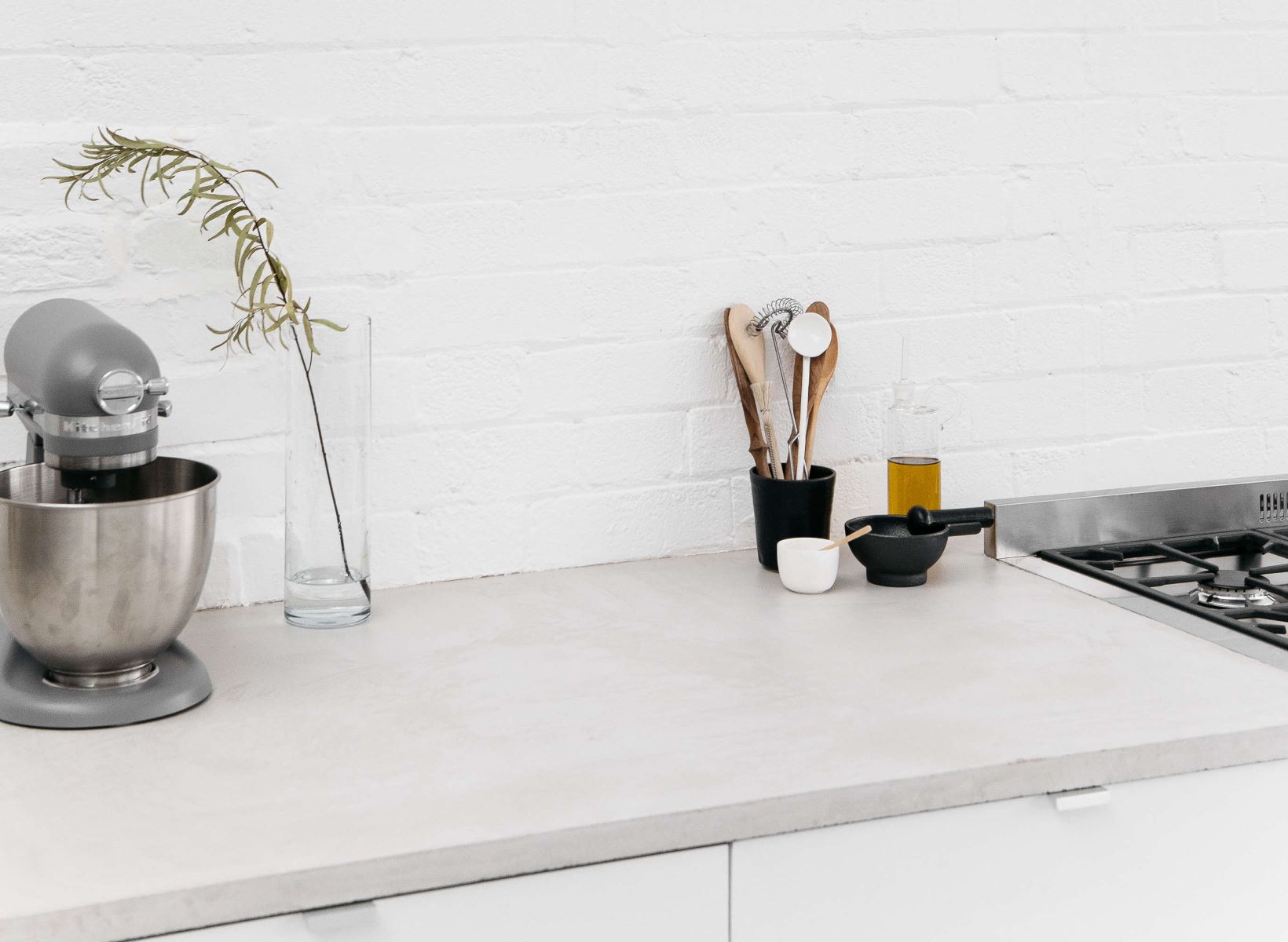

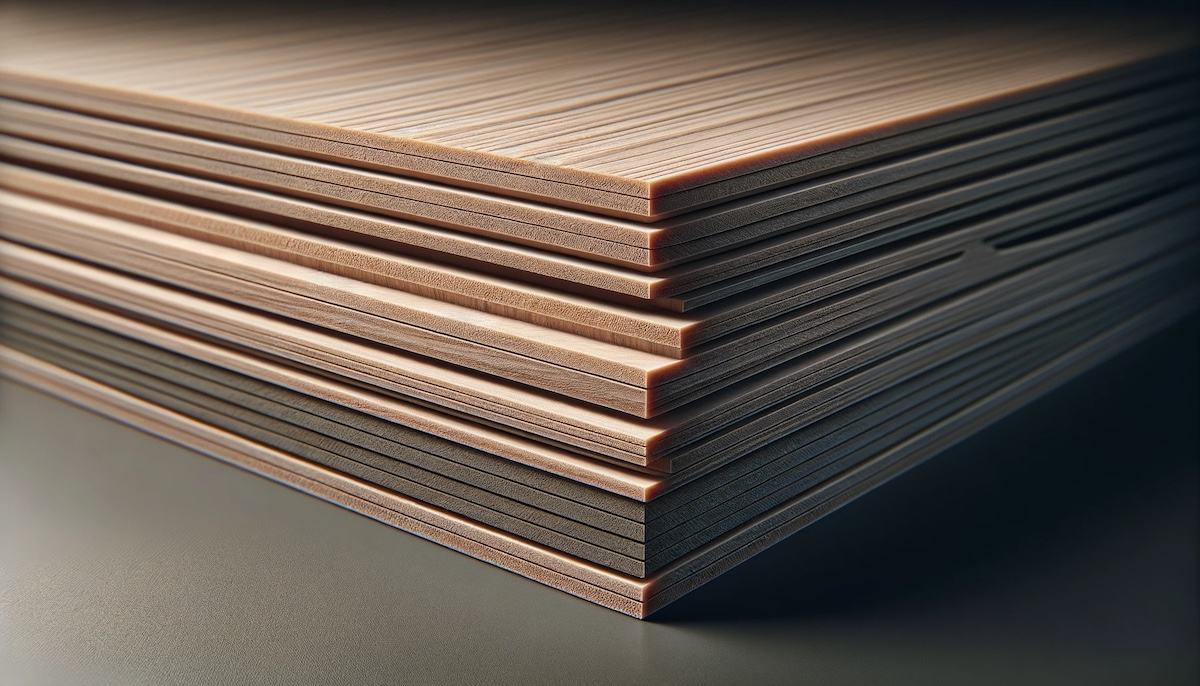
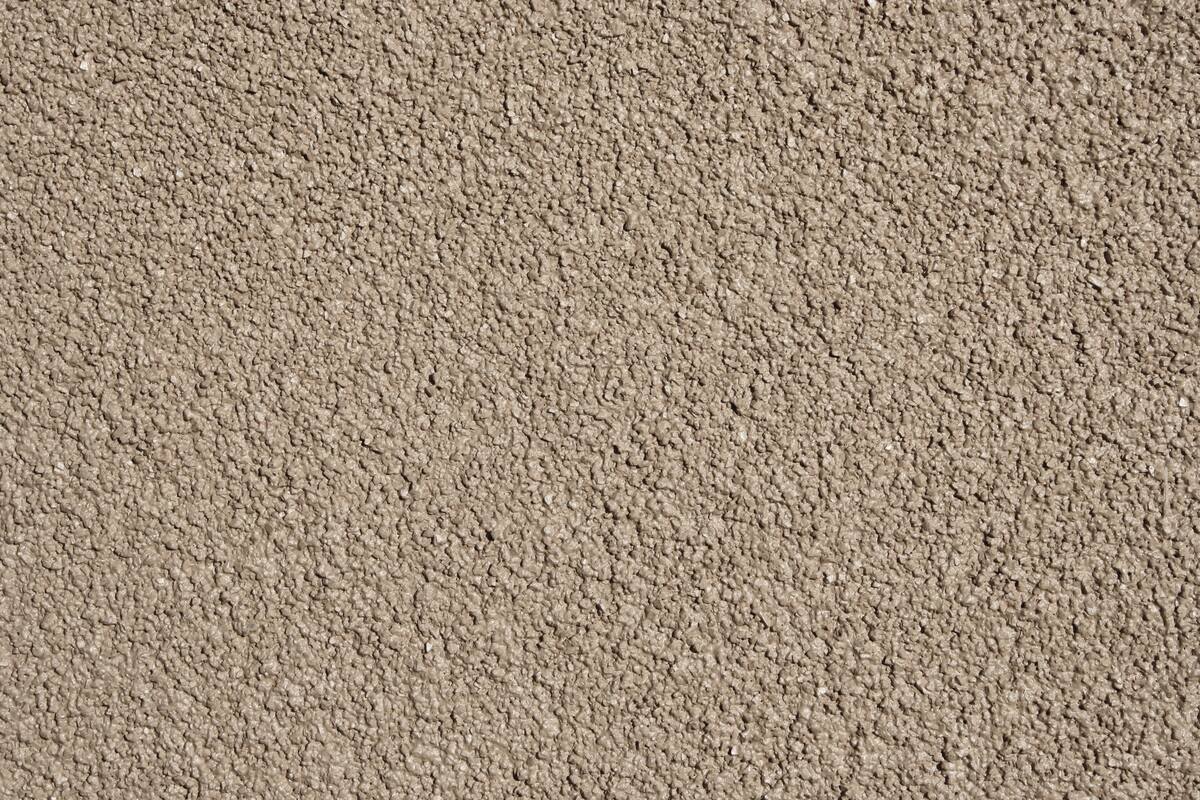

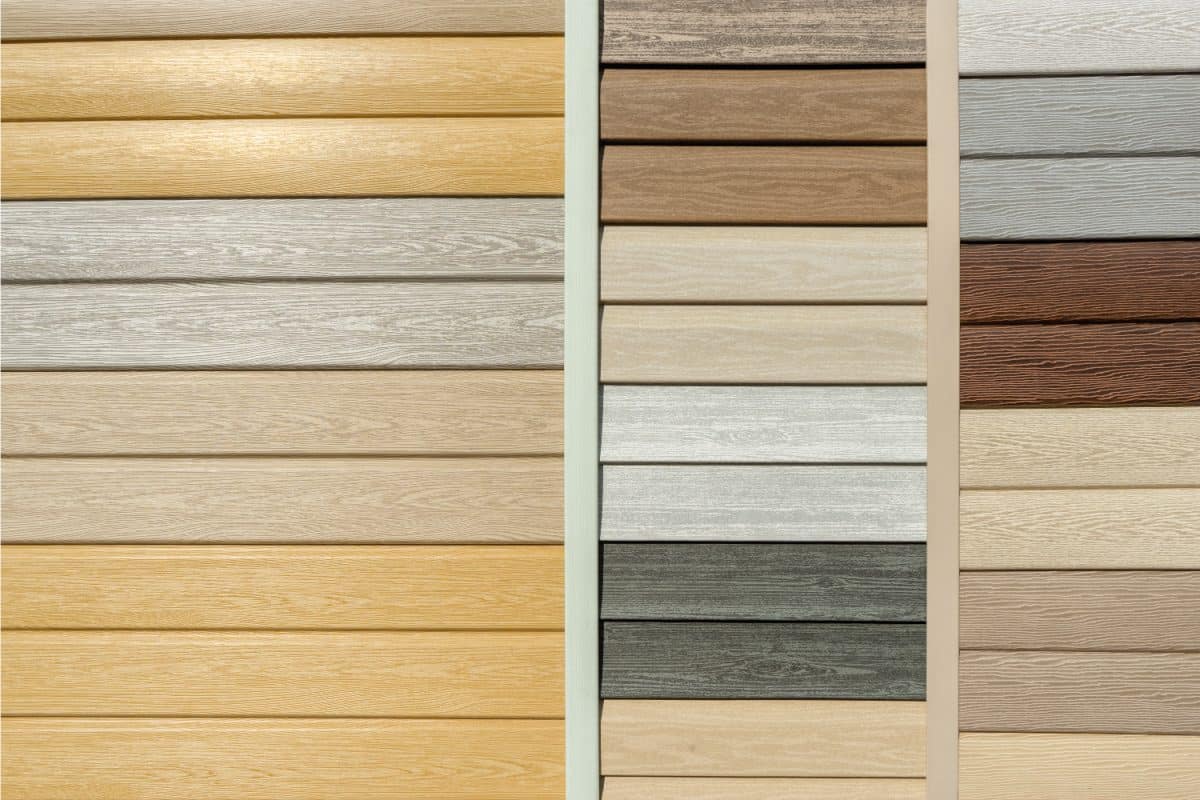
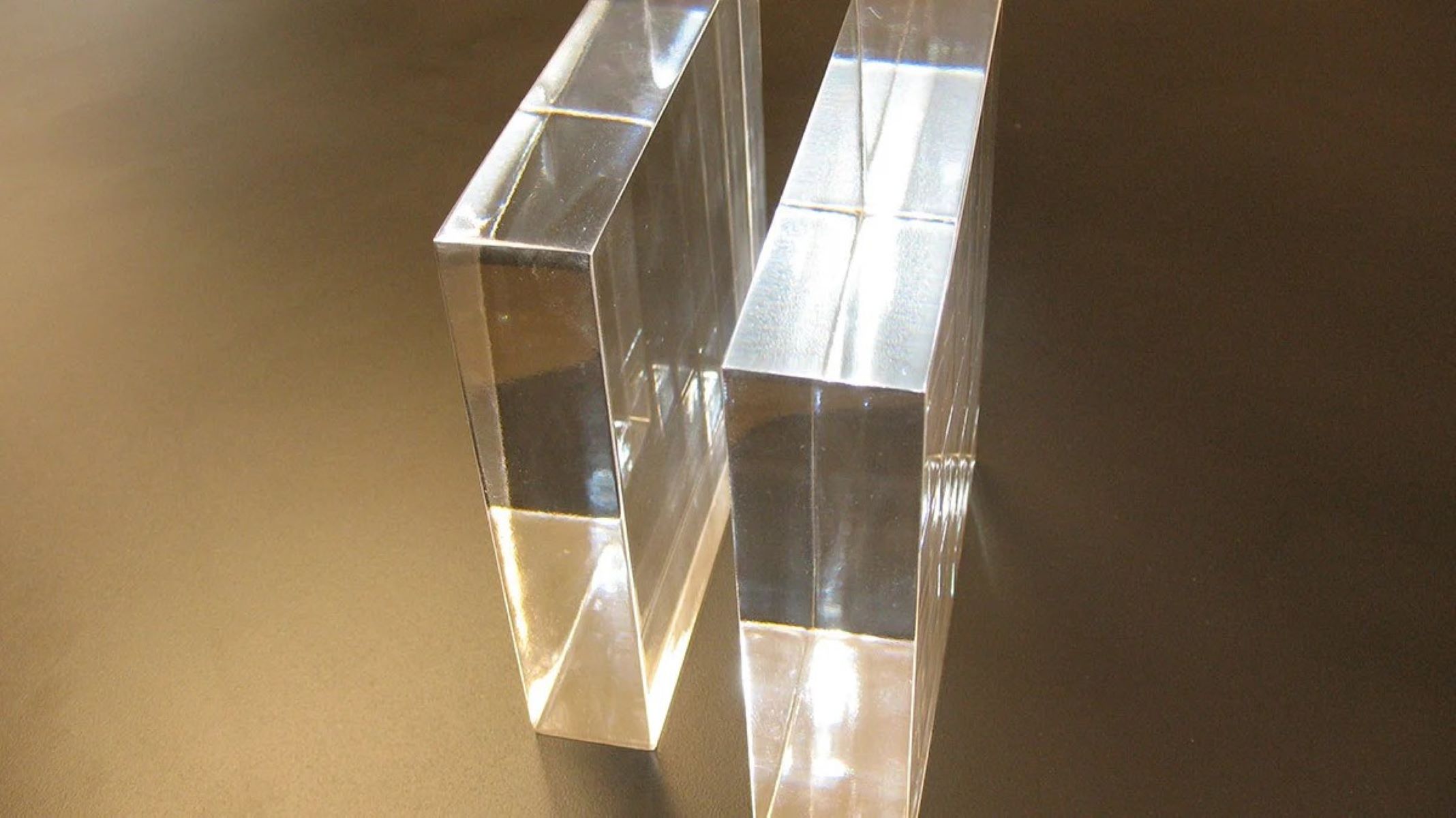
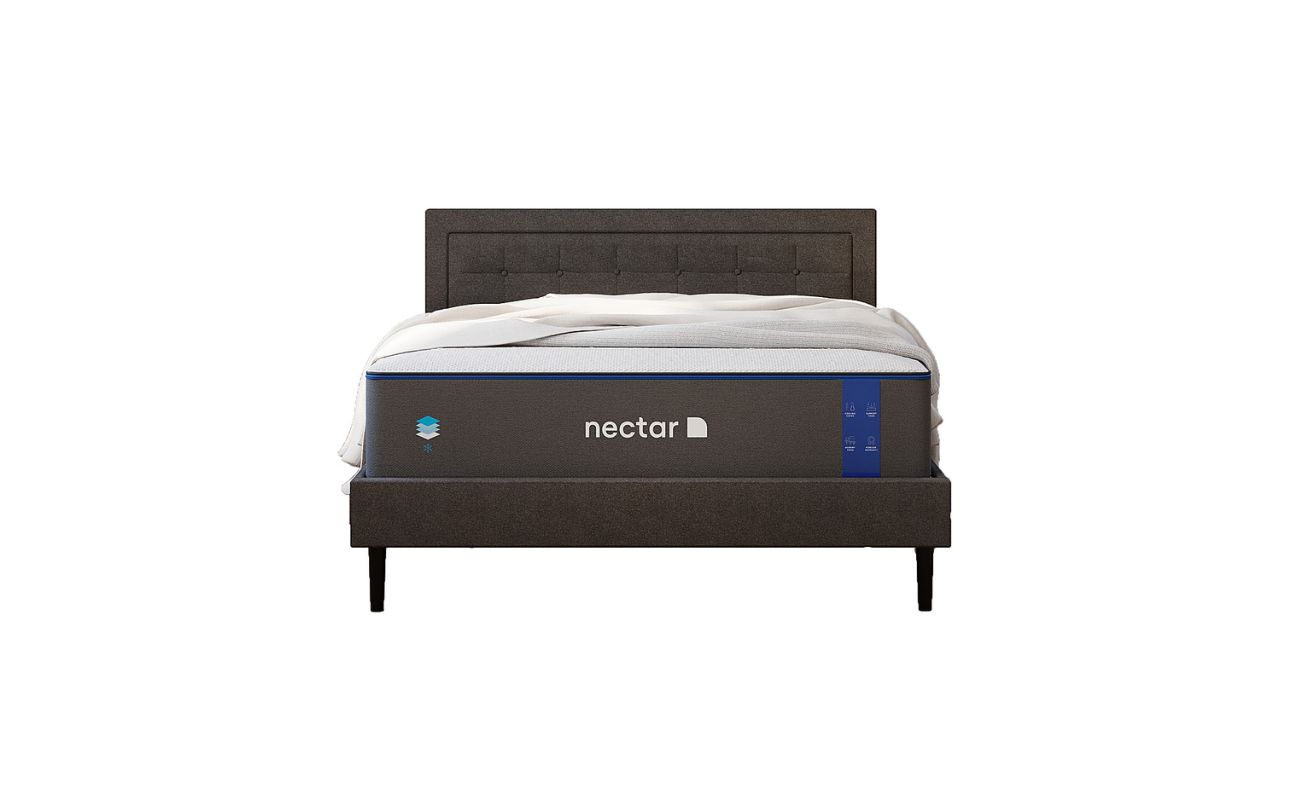
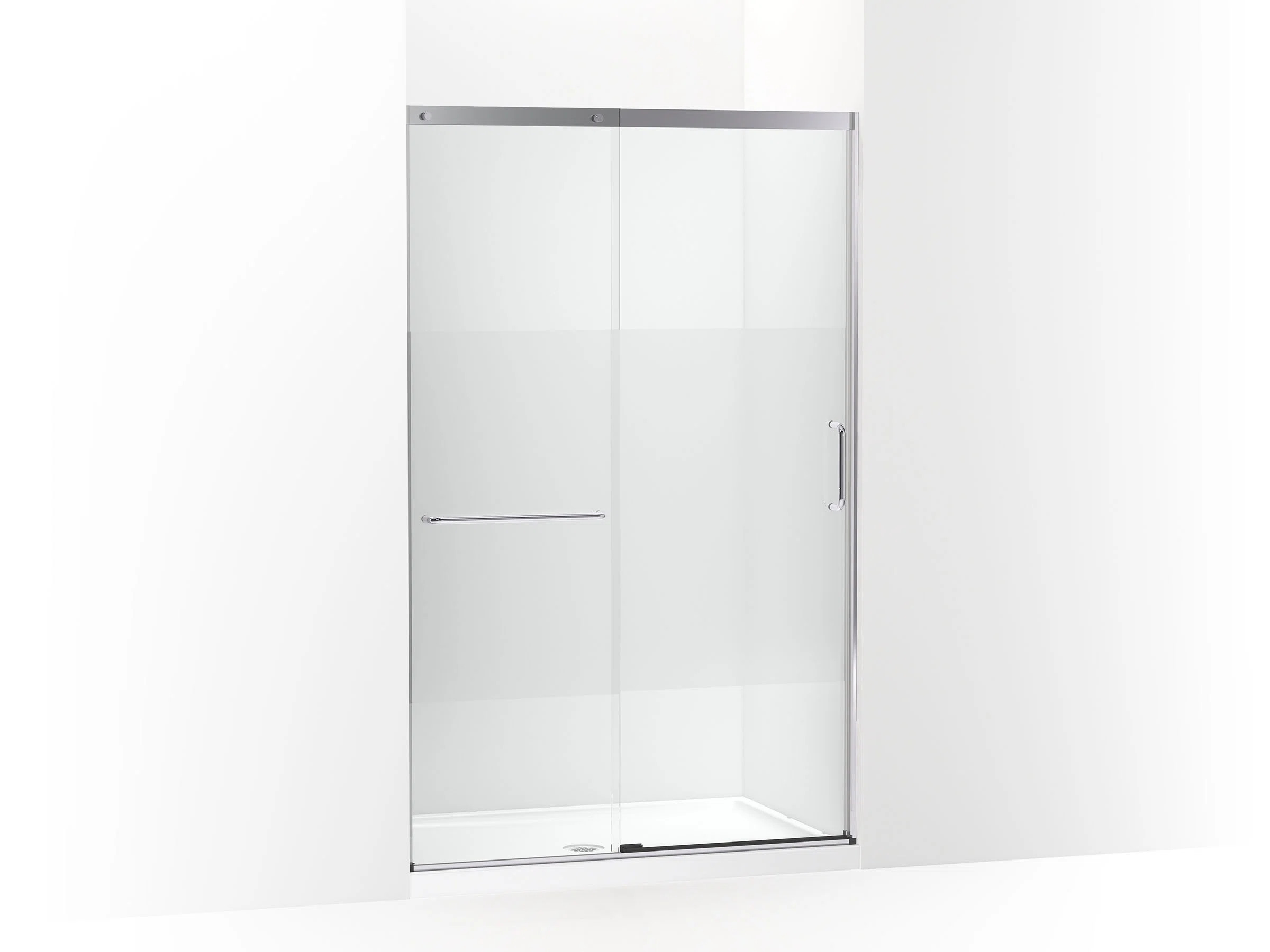

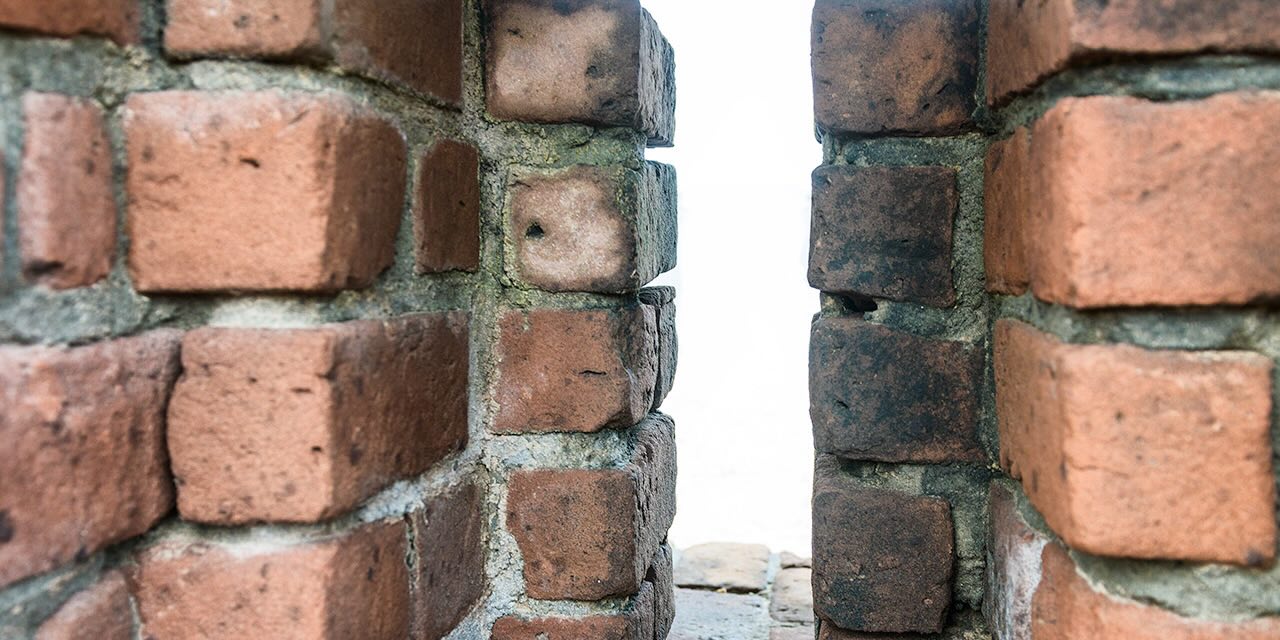

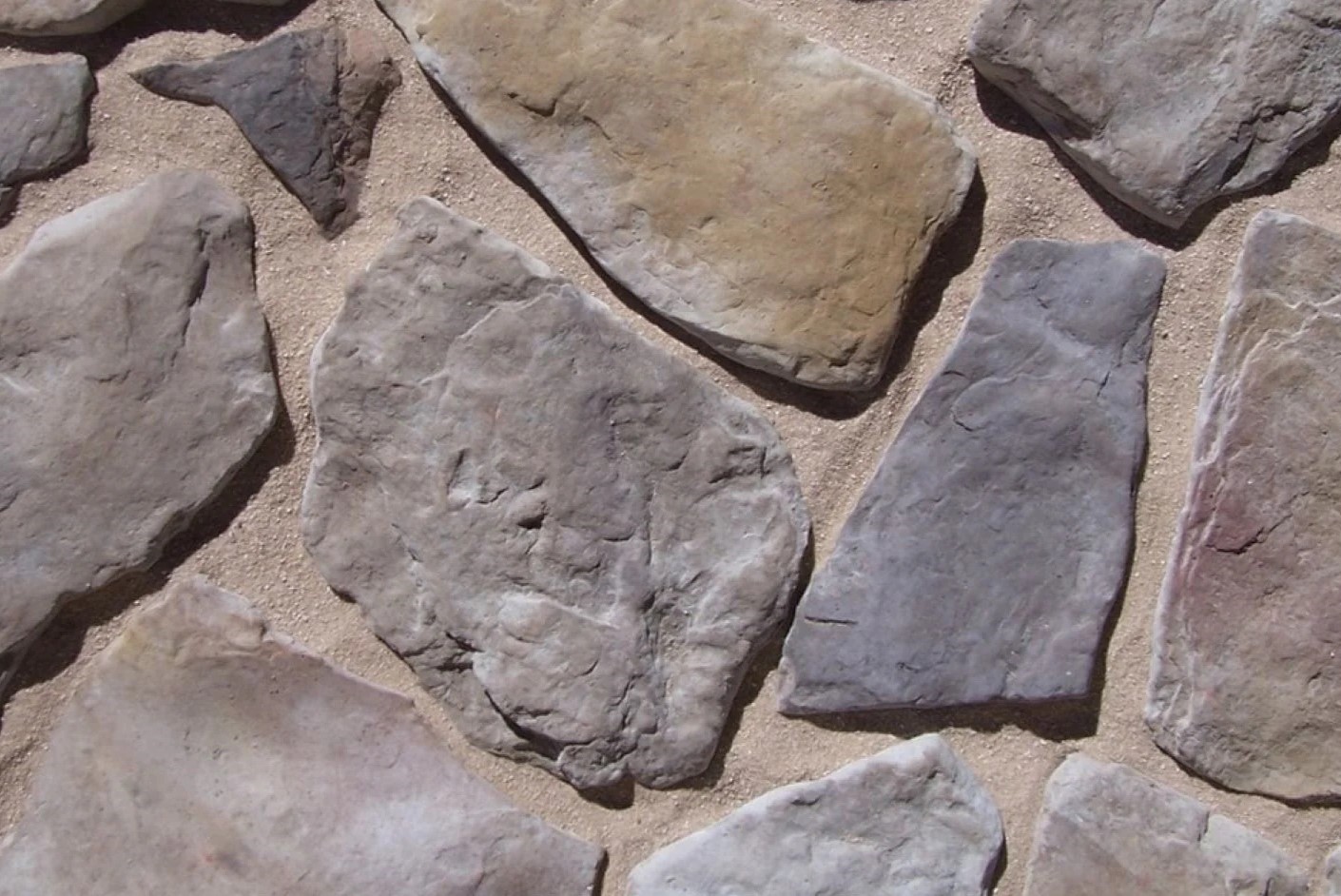

0 thoughts on “How Thick Are Countertops”